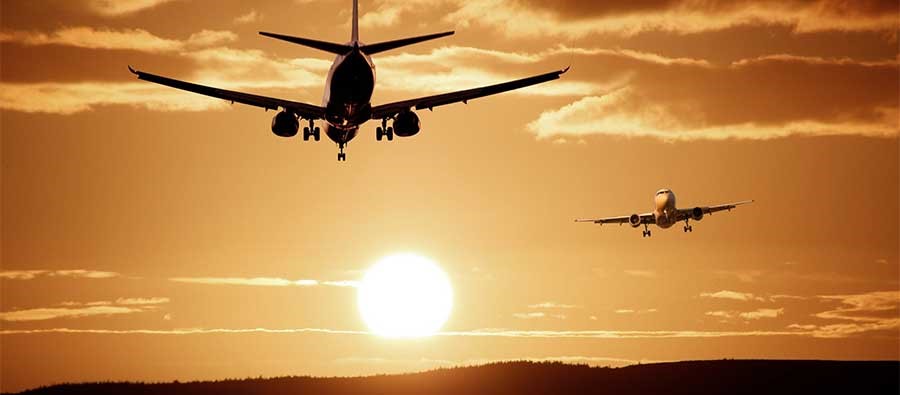During EBACE, we at UAS were determined to unite some of the best thought leaders in our industry to have some meaningful and insightful discussions about the trends that are impacting us all right now. In the first of The Forward Discussion panels, we focused on how technology and its power to transform business aviation by optimizing efficiency and quality and bringing greater efficiency with less manpower. We would explore if the pandemic hastened aviation’s reliance on technology and whether technology is developing fast enough to support the industry’s needs, and we also explored the most exciting advancements in aviation technology.
Some of the industry’s best technological innovators and thought leaders joined me to share their insight and expertise as panelists. They were Fred Powell, VP of Product at Portside, a company that produces software and integrated technology platforms for business and government aviation; Andrew Douglas, Director of Make Tech Fly, a company that creates technology to fill gaps in the market and to improve outdated systems to improve workflow and increase efficiency so that clients can see greater returns from the time they spend at work, Catherine Buchanan, Director of Business Development of Stack.aero, company that created a software solution tailor-made for business aviation charter salespeople and brokers and manages the complexities of the ‘trip request lifecycle’; and Diego Vegrini, Founder and CEO of Aviowiki, a company that provides the best data on airports and aviation data in an enhanced format, allowing for complete automation.
The panel began by discussing the vital role technology is playing in providing a highly personalized service (in an already highly personalized industry) and how it enables a better level of service. Every operator has different styles, business models, aircraft, etc. so new IT systems are enabling immediate access to client information, specifications, preferences, etc. Having central data that is accessible and immediate brings transparency and assurance that everything is accurate, as well as eliminating pain points by opening channels of communication. Ultimately, the duty of care is to passengers – and this type of service can only lead to a massively enhanced customer experience that is more professional and personal.
The pandemic also taught us that real-time data is what operators need— the days of retrieving information or looking for information simply aren’t realistic anymore. It hastened the need for technological transformation as so many unprecedented operational restrictions presented themselves.
The panel pondered whether the industry is culturally ready for such a technological overhaul; perhaps it isn’t a lack of technology slowing progress but a lack of understanding by people working in the industry. Regarding NextGen, it was emphasized that the mission is to first digitize the industry as automation cannot occur before full digitization has taken place.
Integrating technologies has a cost, however, the benefits outweigh the investment. Technology enables operators to ultimately maximize profitability, it makes it possible to do more with less, and it helps passengers to have better travel experiences. Now it’s possible to build tech solutions quickly on top of the infrastructure that’s already there, and this is what’s currently taking place. We are standing on the shoulders of giants.
Listen to the entire discussion by visiting UAS’ YouTube channel or clicking here.
For more Executive Insight, visit UAS Blog





